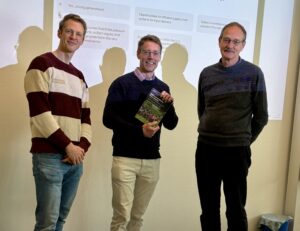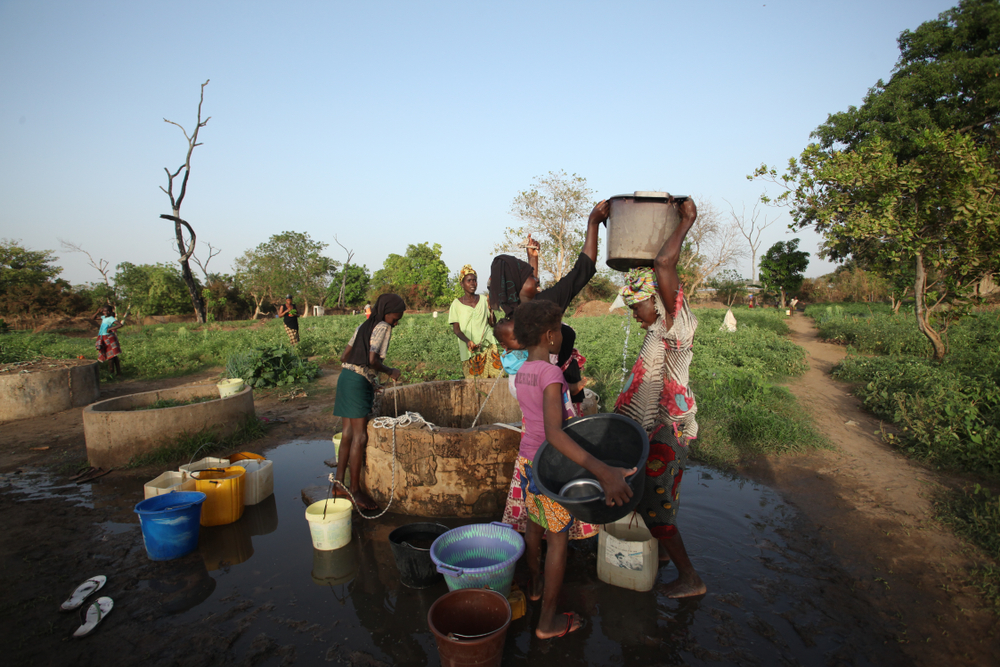The start of this week saw the official launch of the book coordinated by Michiel de Haas and Ken Giller, Pathways to African Food Security: Challenges, Threats and Opportunities towards 2050. In it, 57 scientists from a range of disciplines, most of whom work in Wageningen, share their expert views on various factors that influence food security on the African continent.
In the over 40 years that retired professor of Plant Production Systems Ken Giller has worked on food security in Africa, he saw the continent’s population increase threefold. The number of mouths that need feeding is still increasing. Africa’s population is expected to double in the next three decades to some 2.5 billion in total. That alone calls for a drastic transformation of African food systems, he stated during the event.
There are various other factors that impact food security in Africa. Examples include climate change, wars, lack of political leadership, urbanisation and marker disrupting dumping by Europe, to name just a few challenges. The book discusses a total of fifteen such defining issues, each of which is described by one or more experts within the relevant domain. Most of the experts work at or are affiliated with WUR. Well-known names include professor Ewout Frankema (Rural and Environmental History), Katrien Descheemaeker (Plant Production Systems), Han van Dijk (Sociology of Development and Change) and Simon Oosting (Animal Production Systems).
Abundance of perspectives
The book does not have a single central conclusion. Its power lies in the abundance of perspectives, the variation of which matches the continent’s diversity. ‘There are 55 countries in Africa. These countries differ so much that they never transform their food systems in the same way or at the same rate,’ says De Haas, assistant professor with the Rural and Environmental History Group.
These intracontinental differences are also shown in the four country-specific chapters of the book, with case studies on Egypt, Ethiopia, Senegal, and Zimbabwe. The book concludes with a discussion on the main ways in which Africa’s food security can be improved in the coming decades.
Impetus
Giller stated that the book has already been noticed in The Hague and has led to an invitation to clarify the contents at the Ministry of Foreign Affairs. Moreover, a yet-to-be-published special edition of the scientific journal Global Food Security is largely based on the book’s topics. ‘Generating more focus on food security in Africa was one of our chief motivations when we started this project in November 2022. We are delighted the book has already been well-received. Hopefully, this is an impetus for further steps’, Giller states.
Copy for SSG director De Laat
To mark the launch of Pathways to African Food Security: Challenges, Threats and Opportunities Towards 2050, DeHaas (l) and Giller (r) present Social Sciences Group director Joost de Laat with a copy. The book is available via open access at no cost.


 het boek bevat ook een hoofdstuk over irrigatie, dat volgens auteur
het boek bevat ook een hoofdstuk over irrigatie, dat volgens auteur